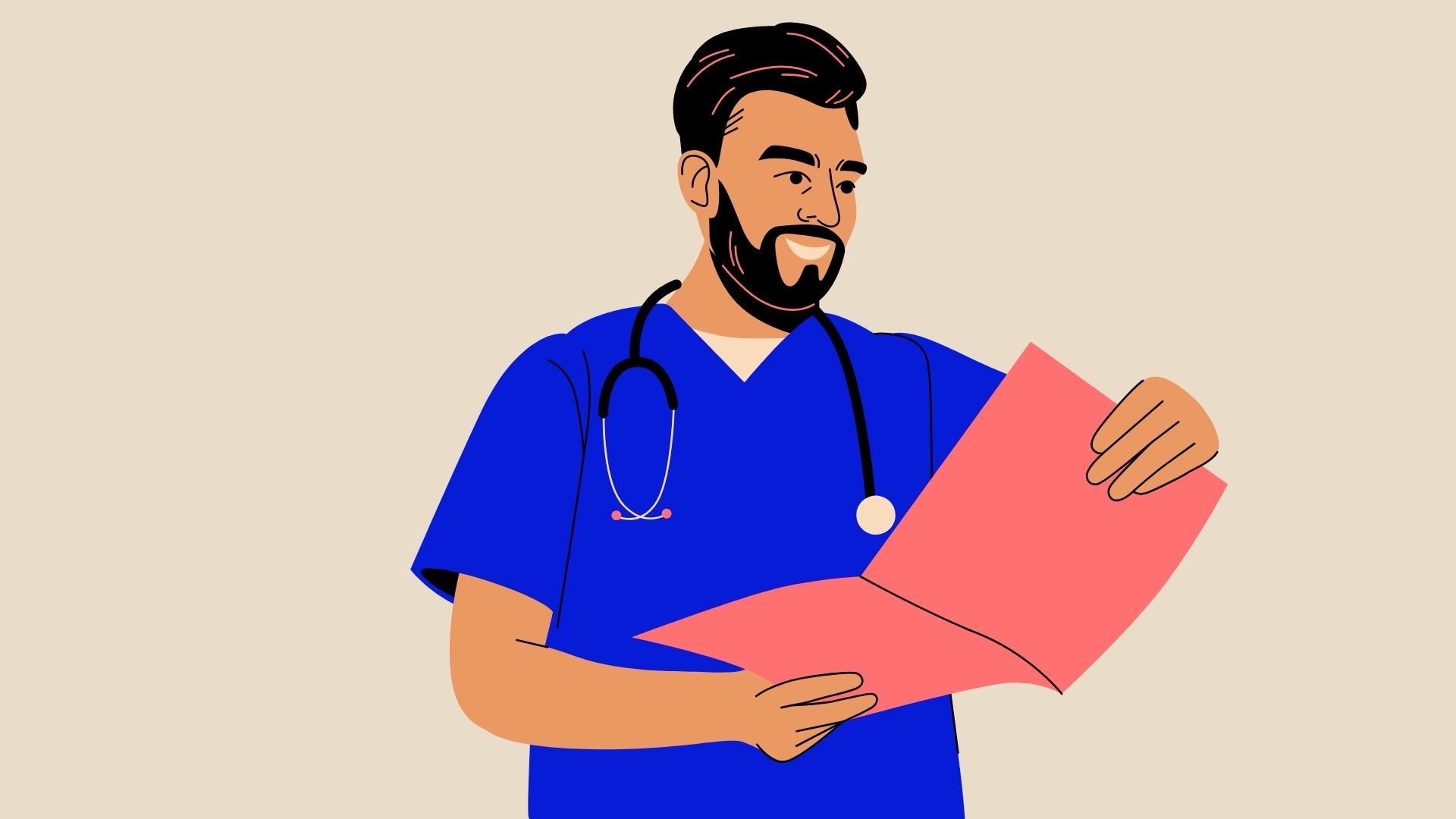

What are the responsibilities of a GP to elderly patients?
Older people need advice on time regarding their overall health, including mental and physical well-being. They need support from an expert who can understand their condition and support them at different stages.
A general practitioner (GP) can give medical advice and treatment and prescribe medication. Our elders need comprehensive and ongoing care, including managing chronic conditions, addressing age-related issues and ensuring access to necessary healthcare services and referrals.
We all know that as we age, the risk of developing chronic conditions like heart disease, diabetes and arthritis increases. GPs manage these conditions, monitor medications and prevent complications. If needed, a general practitioner can ask other healthcare professionals to intervene to give you the best results.
Comprehensive Care and Management of Chronic Conditions: Visit GPs For Elderly Patients
General practitioners (GPs) conduct regular health assessments and screenings to identify and address potential health issues at an early stage for elderly individuals. They are specialised to provide treatment for chronic diseases and manage them with medication by carefully assessing the condition.
Regular Check-ups
Regular checkups become necessary as we age. A practitioner can review your medical history, perform physical exams to examine the condition, conduct screenings to identify age-related conditions, and discuss preventative care measures, including vaccinations and medication management.
Past medication review is crucial to understanding cognitive health. Medications, allergies and family history help to understand the individual’s needs and risk factors. By evaluating these things practitioner will ensure you are receiving the ideal treatment and monitor your progress with regular checkups.
Physical examinations allow practitioners to check blood pressure, heart rate and body temperature, these can be vital signs of serious conditions in elderly people. The healthcare professional will asses the individual’s overall health and mobility, looking for any signs of illness. Hearing, vision and cognitive functions will also be examined.
Chronic Disease Management
GPs manage chronic disease through a holistic and customised approach. They focus on prioritising long-term relationships and continuous care, empowering you with knowledge and self–management skills. They focus on the individual’s needs, preferences and priorities, which is why they integrate with their cultural, behavioural and financial aspects.
GP for elderly patients understand that they often have multiple chronic conditions, requiring a coordinated approach to care. They usually implement a systematic structure for chronic care consultations, ensuring patients remain in the care process.
Your practitioner will help you learn about conditions, treatment options, potential side effects, and lifestyle modifications. With this knowledge, you can promote self-care with confidence. For individuals with diabetes, heart disease and arthritis, GPs are always there to help with appropriate treatment and follow-up care.
Manage Medicines
Regular monitoring allows practitioners to see the progress and make changes in medication as required. Through regular monitoring, they will prescribe medication appropriate for the condition and ensure safe and effective treatment.
The purpose behind this is to ensure that medications are still necessary, safe, and effective and to identify potential problems like polypharmacy (taking multiple medications) or drug interactions. They will review the medication list, discuss current health status and treatment goals.
Reviews should be regular, especially for individuals with complex medical conditions or who are taking multiple medications. They will look after when to stop medications that are no longer needed or that are causing harm or are not providing benefit; this is known as deprescribing.
Deprescribing can reduce the risk of adverse drug events, improve patient outcomes, and simplify medication regimens. They will discuss this option with elders and their families to consider their preferences and goals. They may also collaborate with pharmacists, geriatricians and other heathcare professionals for effective medication and treatment.
Geriatric Assessment
A geriatric assessment is a comprehensive, multidisciplinary evaluation of an elder person’s functional ability, physical health, cognition, mental health, and socioenvironmental circumstances, often initiated when a potential problem is identified.
A GP can conduct geriatric assessment for elderly patients by focusing on a holistic approach, evaluating functional status, cognitive abilities, psychosocial factors, and medical conditions, often using tools.
Comprehensive evaluation includes functional status, cognitive function, medical history, physical examination, psychosocial factors and nutritional status. They will also focus on evaluating the individuals’ living conditions and safety.
A medical history discussion is necessary, and it might include a thorough review of past medical conditions, medications and current health status. Dietary suggestions and habits will be monitored for better treatment.
Evaluation of memory, orientation and thinking abilities is necessary in elder people for better monitoring and treatment of the condition thoroughly. A brief test used to assess cognitive function might include a mini-mental state examination (MMSE). Gait speed assessment will help assess gait speed and identify mobility issues and potential fall risks.
Visit for a thorough examination today to avoid complications later. GPs for elderly patients are specialised in treating age-related conditions.



